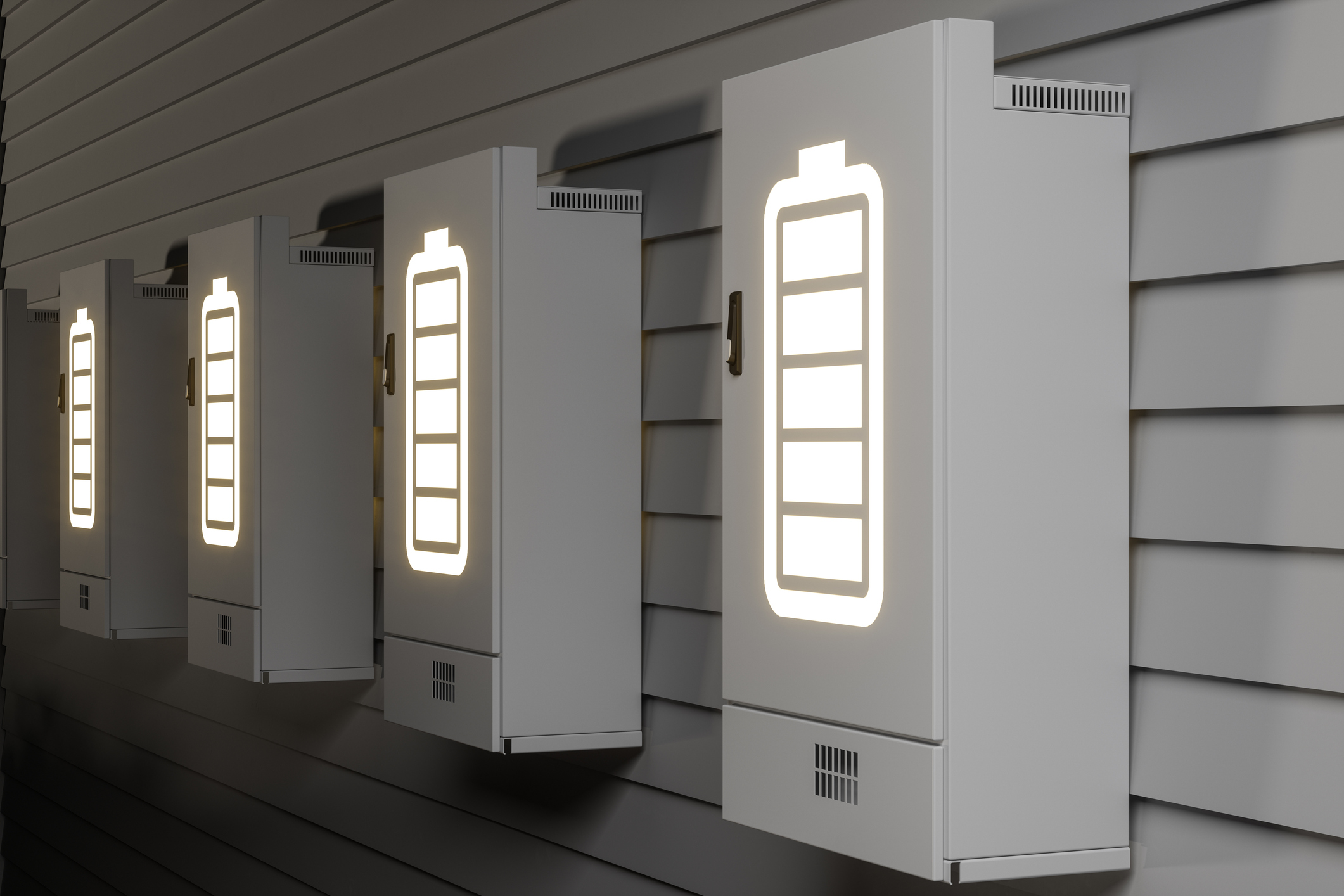
As homeowners consider investing in solar panels, one question often arises: Should I also get a battery? Batteries can store excess energy generated by your solar system for later use, but the necessity of adding a battery can vary significantly based on several factors, including local regulations and incentives. In states like Virginia, where net metering is offered, the need for a battery may be less critical. Let’s explore whether a battery is worth the investment for your solar system.
The Benefits of Solar Batteries
1. Energy Independence: Batteries provide a backup power source during outages, ensuring you have access to electricity when the grid goes down.
2. Maximized Solar Use: By storing excess energy generated during the day, batteries allow you to use that energy at night or during periods of high demand.
3. Time-of-Use Savings: In some areas, utilities charge higher rates during peak hours. A battery can help you use stored energy instead of buying electricity at these higher rates.
The Case for Net Metering in Virginia
In Virginia, net metering is a significant advantage for solar homeowners. Here’s how it affects the need for batteries:
1. Easy Energy Access: With net metering, any excess electricity your solar system generates during the day is fed back into the grid. In return, you receive credits that offset your electricity usage when your solar panels aren’t producing energy, like at night.
2. Financial Efficiency: Since net metering allows you to draw from the grid without additional costs, the financial incentive to invest in a battery diminishes. Instead of paying for a battery (which can cost $15,000 or more), you can effectively use the grid as a storage solution.
3. Lower Initial Investment: For many homeowners, the initial cost of installing a battery can be prohibitive. With net metering in place, you can save money upfront by skipping the battery and still enjoy significant savings on your energy bills.
When Might a Battery Be Worth It?
While net metering offers compelling advantages, there are scenarios where a battery could be beneficial:
• Frequent Outages: If you live in an area prone to power outages, a battery can provide peace of mind and continuous power.
• Off-Grid Living: For those looking to live entirely off the grid, a battery is essential for storing solar energy.
• High Electricity Costs: In regions with steep time-of-use rates, batteries can help you save money by using stored energy during peak pricing periods.
Conclusion
For homeowners in Virginia, the decision to invest in a battery alongside a solar panel system largely depends on individual circumstances and local energy policies. With the advantages of net metering, many may find that they don’t need a battery to enjoy the benefits of solar energy. However, for those with specific needs, such as energy independence or frequent power outages, a battery could still be a valuable addition. Ultimately, it’s crucial to weigh the benefits and costs carefully, ensuring that your solar investment aligns with your energy goals and financial situation.